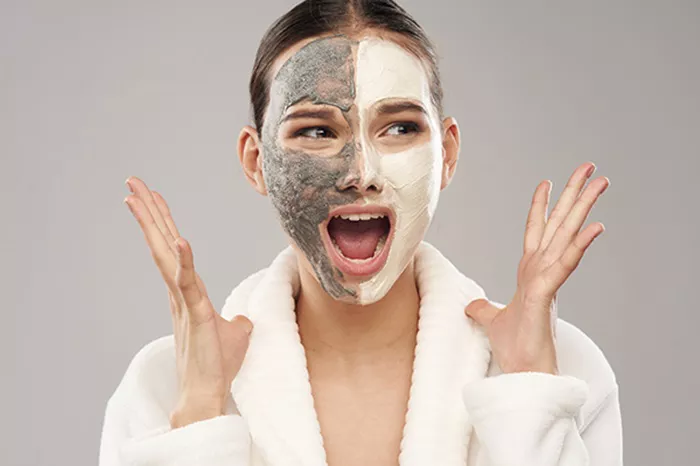As summer draws to a close, it’s crucial to reassess your skincare routine. The combination of heat, sweat, and dryness during the summer months can significantly impact skin health, leading to issues such as sagging, wrinkles, and discoloration.
Sun Exposure and Skin Damage
Dr. Clare Kiely, a dermatologist and founder of The Skin Diary, emphasizes that ultraviolet (UV) rays are a major contributor to skin aging. “UV is responsible for 80% of skin aging and pigmentation,” says Kiely. “It also depletes essential antioxidants like vitamins C and E in the skin’s outer layer.” Continuous exposure to UV rays accelerates collagen breakdown, making the skin more prone to damage.
Dr. Cristina Psomadakis, known as Dr. Soma on Instagram, adds, “UV rays can cause sunburn, heat rashes, and excessive dryness. Additionally, hot weather increases dehydration, while chlorine from pools and air conditioning can exacerbate skin dryness.” She recommends maintaining a simplified skincare routine to support the skin barrier and enhance hydration.
The Case for a Simplified Routine
Dr. Colette Haydon, a dermo-pharmacist, advises that skincare should be straightforward to preserve the skin’s integrity. “Skin maintenance should focus on two key aspects: functionality and active ingredients,” Haydon explains.
Essential steps in a skincare regimen include cleansing, protection (such as using SPF and vitamin C), and hydration. Active ingredients like retinol, AHA, and BHA should be applied at night, while serums, exfoliants, and masks should be used sparingly to avoid overwhelming the skin.
Abi Cleeve, founder of SkinSense, highlights that a simplified routine is not only beneficial for the skin but also for maintaining consistency. “A streamlined routine makes it easier to adhere to a skincare regimen tailored to individual needs,” Cleeve notes.
Reducing the number of products used can also be cost-effective and environmentally friendly. Dr. Kiely points out, “Fewer products mean less waste and a decluttered bathroom cabinet.”
Key Products to Include
Dr. Erica Mulh, ambassador for Cetraben, suggests that if you must prioritize one product, it should be SPF. “Cosmetic scientists have developed effective SPFs, and if you are using topical treatments for conditions like acne or dermatitis, these should also be a priority,” Mulh advises.
For a simplified routine, Mulh recommends including a cleanser, a moisturizer, and an antioxidant. She adds, “You might also incorporate a treatment product such as a vitamin C serum or a retinoid.”
For those addressing summer-damaged skin, adding extra hydration can be beneficial. Cleeve suggests, “Using products that strengthen the skin barrier with ceramides and hydrating ingredients is ideal. Richer formulas and facial oils can be particularly effective during cooler months.”
Avoiding Overcomplication
Lesley Reynolds from The Harley Street Skin Clinic advises that while a minimal routine is often best, it is important to tailor it to individual needs. “More than eight to ten steps in a skincare routine can be excessive,” Reynolds warns. “Focusing on essential steps like cleansing, moisturizing, and sun protection, and then incorporating additional products as needed, is often more effective.”
Dr. Mulh emphasizes the importance of consistency in applying products to see the best results over time.
In summary, streamlining your skincare routine after the summer can help address seasonal skin damage and support overall skin health, while also being more practical and environmentally friendly.
Related topic:
Top 5 Reasons Why People Get Red Moles
How Long Does Dysport Last In Forehead?
What Is The Fastest Way To Get Rid Of Freckles?


